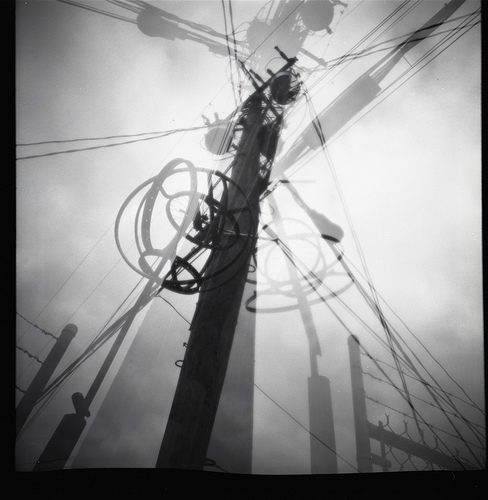
LinkedIn is the largest professional network on the internet. You join LinkedIn to network—to meet like-minded professionals, find a new and better job, develop potential customers, identify someone at an organization to talk with about a job opening, and engage in a discussion of topics of professional interest. Employers also use it to check and research job applicants.
I’ve been a member of LinkedIn for almost four years, and I can say I’ve never used it for these reasons myself (although once I did check a job applicant). But I’ve been networked with, identified as a potential customer, contacted about jobs at my company, contacted about who might be the hiring manager for an open job at my company, and been researched and contacted about jobs I might be interested in.
I have some 400 connections, neither a large nor a small number for contacts. The extended network of these 400 people means I’m potentially connected to more than a million people.
LinkedIn works. The network has different levels of membership—the basic one is free (that’s the one I have), and the paid memberships offer additional networking benefits.
As I started to participate more in the network, I began developing a theory. I suspected there might be a most unlike-business activity that was important for many people on LinkedIn—the activity being poetry. I’m not sure why I thought this; I had never seen anyone networking for a poet’s job, and there might be five poets in the United States who make their living from poetry. It was just a theory, based on no hard facts or suggestive evidence.
After considering various ways I might test my theory, I finally decided on the obvious: I typed “poetry” in the search bar and hit enter.
Since I have the basic (free) membership, my search results were limited to the first 100 references. The fact that there were at least 100 references told me I might be on to something. And for testing my theory, the first 100 would do just fine.
The search showed first-degree people (my direct connections) and second-degree people (connections of my connections).
I did find the expected: people identifying themselves as poets, writers, authors, playwrights, English teachers, and professors for Masters of Fine Arts programs.
But I also found the unexpected: journalists, a forest-preserve supervisor, a mechanical engineer, a community activist, a mortgage loan officer, an online usability analyst, a graphic designer, several photographers, a psychologist, a doctor, a medical publications associate at a large pharmaceutical company, a radio programmer, a lobbyist, two public speakers, two directors of Alzheimer’s poetry projects, and a colleague at my own company who sits three doors from my office whom I didn’t even know was interested in poetry.
This wasn’t the most scientific of surveys, but it does indicate that people in numerous walks of work life believe poetry is important enough to include in their professional networking profile on LinkedIn.
If you’re a member of LinkedIn, try the search for yourself, and let us know here what you find.
Photograph by Beaulawrence. Sourced via Flickr. Post by Glynn Young.
Buy a year of happy work mornings today, just $5.99.
- Poets and Poems: Mary Brown and “Call It Mist” - September 18, 2025
- “Horace: Poet on a Volcano” by Peter Stothard - September 16, 2025
- Poets and Poems: The Three Collections of Pasquale Trozzolo - September 11, 2025

Maureen Doallas says
Love the diversity of poetry readers!
Will Willingham says
I tried it. The first result in my search was one Maureen Doallas.
😉
So what did you do with this new knowledge of a poetic colleague three doors down?
Maureen Doallas says
You’re kidding (?)!
L. L. Barkat says
I. Love. This.
These people need a Poetry at Work Day, don’t you think? They could do it on LinkedIn, if they didn’t want to make the trip 3 doors down. 🙂
Maureen Doallas says
Do you think John Coleman at Harvard Business Review has been reading you? See his “Benefits of Poetry for Professionals”:
http://blogs.hbr.org/cs/2012/11/the_benefits_of_poetry_for_pro.html
Glynn says
Jim Wood at Shrinking Camel sent me the link this morning – all I can say is, great minds think in the same (rut?) way.